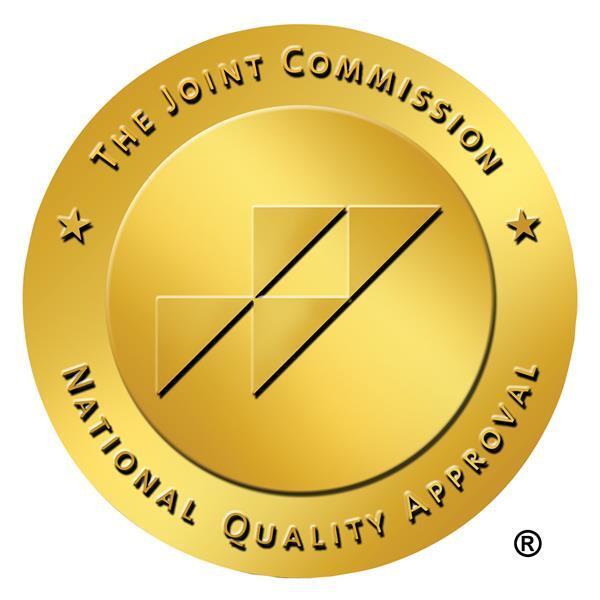The Impact of Bipolar Disorder
on Family Dynamics
Table of Contents
Living with a bipolar family member has its challenges. Without proper knowledge and support, a bipolar family’s dynamics can become very toxic. This guide on bipolar family dynamics can be a helpful stepping stone to figuring out how to facilitate a healthy relationship with a family member struggling with bipolar disorder.

What Is Bipolar Disorder?
Bipolar disorder is a mental disorder marked by sudden shifts between states of mania, hypomania, and depression. Common symptoms of mania include extreme impulsivity, psychosis, delusional confidence, and aggression. Hypomania is similar to mania, but the symptoms are less intense. When a bipolar patient goes through a depressive episode, they may experience thoughts of suicide, insomnia, poor motivation, anxiety, disordered eating, and other unpleasant symptoms.
Bipolar 1 and bipolar 2 are the two primary types of bipolar disorder. People with bipolar 1 suffer from depressive symptoms, mania, hypomania, and psychotic episodes. Bipolar 2 patients, on the other hand, only struggle with hypomania and depressive symptoms. These symptoms make living with bipolar disorder very difficult. People who suffer from the disorder may endure hospitalization, social ostracism, and low feelings of self-worth. Unfortunately, many bipolar patients turn to drugs, alcohol, and excessive eating to cope.
How Can Bipolar Disorder Affect a Family’s Dynamics?
A bipolar family member’s manic or depressive episodes can significantly interfere with the family’s everyday routines. Moreover, a bipolar loved one may occasionally lash out at people or act uncharacteristically. Suppose the family doesn’t understand their family member’s problems. In that case, they may feel resentful toward their bipolar loved one, which can result in a corrosive atmosphere of mistrust, blame, conflict, and abuse. This is why it is so vital for families to get the necessary support to understand and accommodate their loved one’s condition.
How Can You Help a Bipolar Family Member?
Pay Attention to Their Condition
No two patients experience bipolar disorder in the same way, and the efficacy of certain medications and therapies varies between patients. On top of that, some medications can become ineffective or cause negative side effects over time. For these reasons, you should closely monitor your bipolar loved one’s feelings and symptoms. If you notice negative changes in your family member’s moods or behaviors, you must urge them to check in with their doctor.
Provide Reassurance
Many individuals with bipolar disorder feel guilty about the effects of their condition on their friends and family members. Your loved one needs to know that you still love them despite their manic or depressive symptoms, so you must foster a comfortable home environment and regularly show your loved one that you care about them. While you shouldn’t enable destructive behaviors, you shouldn’t condemn or ridicule your loved ones for their symptoms.
Make Sure That They Receive Treatment
Bipolar disorder doesn’t go away. Unlike a bad habit or character flaw, an individual can’t make simple behavioral changes to overcome mania or depression completely. Your family member likely needs therapy or medication to prevent manic episodes, psychosis, and other difficult symptoms. With that in mind, you must ensure that your loved one sees a licensed therapist to get the help that they need to function.
How Can Families Cope With the Impacts of Bipolar Disorder?
Some bipolar families develop unhealthy dynamics because they don’t understand their loved one’s condition. Breaking out of a toxic family dynamic isn’t easy, but it’s vital for your family’s long-term health and happiness. To overcome negative family relationships and learn how to navigate your loved one’s condition, your family should contact a bipolar family support specialist. They will help family members work through trauma, develop healthier relationships, and learn effective coping strategies for their bipolar loved one’s symptoms.

Seek Bipolar Family Support Today
Bipolar disorder effects on family dynamics can be very significant. Maintaining a healthy home environment is almost impossible without mental health treatment and family therapy. A bipolar family needs effective coping strategies to stay happy and harmonious, so you should contact Mind Body Optimization today to find out more about bipolar family support.






